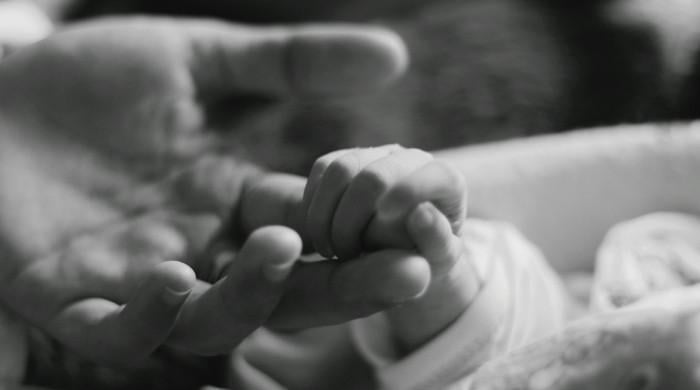As Sindh reports reinfections, here's everything you need to know about COVID-19 immunity
Can you catch coronavirus again?
October 27, 2020
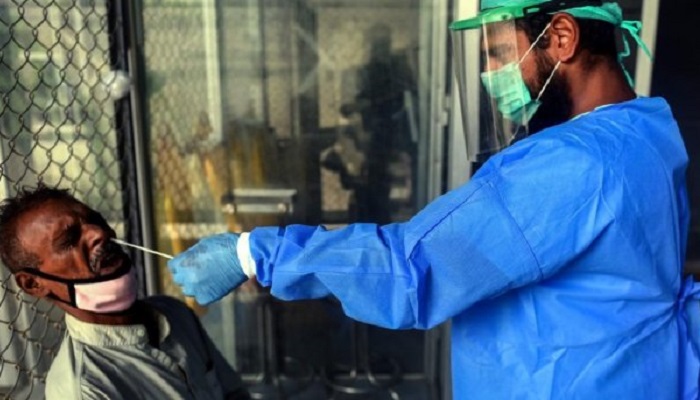
The rising trend of coronavirus in the country with Sindh reporting reinfections has fueled an ongoing global discussion among scientists on how long immunity lasts following initial infection.
According to Sindh Health Minister Dr Azra Pechuho, asymptomatic COVID-19 patients who had recovered from the illness are testing positive again with severe symptoms.
Reports of possible reinfections have circulated across the globe for months. The durability of protective immunity remains unknown while the possibility of reinfection is not well understood.
The World Health Organisation (WHO) says there is currently no evidence that people who have recovered from COVID-19 and have antibodies are protected from a second infection.
Associate Professor at the Department of Infectious Disease at SIUT Dr Sunil Daodani dispelled the general notion that antibodies are a potential cure to the coronavirus. "We should remain wary from reinfections as we have no proof to date that denies re-occurrance of the contagion in recovered patients," he stressed.
Daodani confirmed seeing two reinfection cases that proved to be fatal while another five to six were comparatively mild.
Reinfections were first reported in May when South Korean authorities found dozens of COVID-19 survivors becoming re-infected. More recently, cases of COVID-19 reinfections have surfaced in the United States, Mexico, and Hong Kong to name a few.
After weeks of research, South Korean scientists concluded that the tests to be “false positive” caused by lingering bits of the virus. That study is contradicted by the latest findings that ruled out the possibility that second infections are merely a continuation of the first one.
Read more: WHO says 'no evidence' that recovered coronavirus patients cannot be reinfected
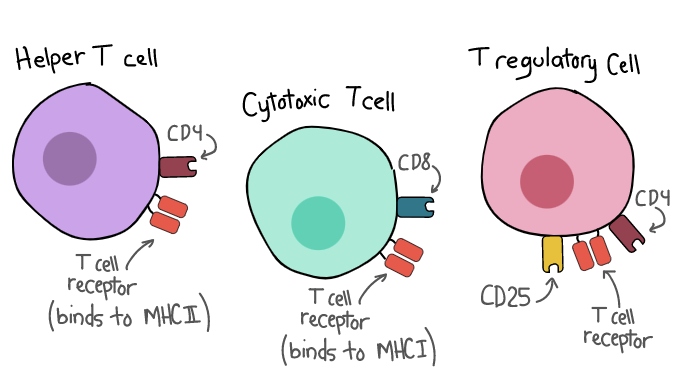
How does immunity work?
Our body's first line of defence against alien pathogens is the innate immune response which relies on the body's ability to recognise conserved features of pathogens that are not present in the uninfected host. Its main purpose is to immediately prevent the spread and movement of foreign pathogens in the body.
This system, however, will not learn or provide immunity to new viruses including COVID-19.
Instead, you need an adaptive immune response that destroys invading pathogens and any toxic molecules they produce, and also provides the body with the ability to recognise and remember the pathogens through their antigens.
The immune system’s memory is much like our own. It remembers some pathogens while forgetting others. Since the SARS-Cov-2 hasn't been around for long, scientists are unclear on how long the anti-bodies last.
Researchers at Imperial College London found that levels of COVID-19 antibodies waned over the three-month study.
There is still a possibility that the cells that create antibodies may still linger around as they did for six other human coronaviruses. Scientists discovered antibodies for Spanish Flu in people 90 years after the pandemic.
Is reinfection possible?
A research team in Hong Kong found that the virus genome from first and second infections belonged to different families.
“The second episode of asymptomatic infection occurred 142 days after the first symptomatic episode in an apparently immunocompetent patient,” states the study. It found evidence of acute infection including elevated C-reactive protein and SARS-CoV-2 IgG seroconversion during the second infection.
“The virus genome from the first episode contained a stop codon at position 64 of ORF8, leading to a truncation of 58 amino acids. Another 23 nucleotides and 13 amino acid differences located in 9 different proteins, including positions of B and T cell epitopes, were found between viruses from the first and second episodes.”
The study concluded that the patient was re-infected instead of a persistent viral shedding from the initial infection. It found the viral genome of the initial infection to be phylogenetically closely related to COVID-19 strain collected in March/ April 2020 while the second virus genome was closely related to strains collected in July/ August 2020.
“Our results suggest SARS-CoV-2 may continue to circulate among humans despite herd immunity due to natural infection,” it said. “Further studies of patients with re-infection will shed light on protective immunological correlates for guiding vaccine design.”
How does reinfection vaccine trials?
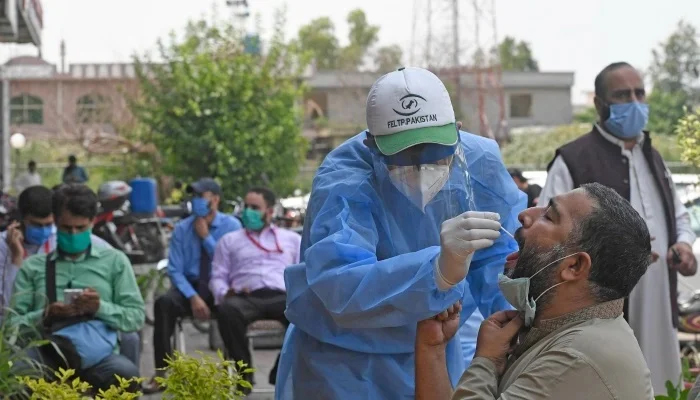
"While differences in the viral genome sequence of the various isolates are a great way to know if an individual is reinfected (ruling out reactivation of lingering virus infection), it does not indicate that the second infection was due to immune evasion," says a researchers team in Nevada. "There is currently no evidence that a SARS-CoV-2 variant has emerged as a result of immune evasion."
"For now, one vaccine will be sufficient to confer protection against all circulating variants," the research adds. "Furthermore, reinfection by a distinct viral variant from the original virus does not imply immune escape."
The findings argue that the "reinfection cases, in general, are being picked up because of symptoms and are biased towards detection of symptomatic cases".
"Due to the paucity of broad testing and surveillance, we do not know how frequently reinfection occurs among individuals who recovered from their first infection," it adds.
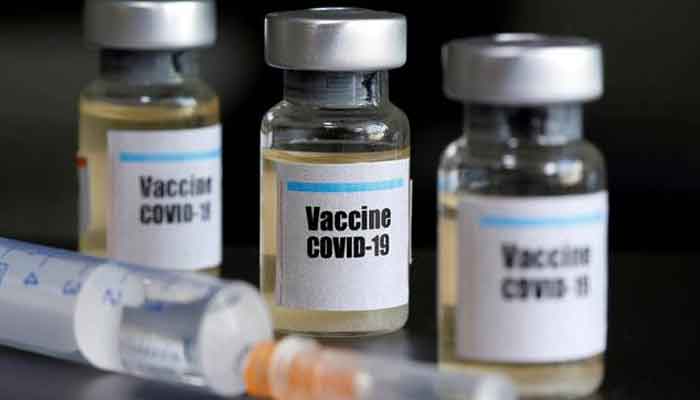
What should you know about COVID-19 reinfections in Pakistan?
With a handful of COVID-19 reinfection cases reported across the world and even fewer in Pakistan, epidemiologist Dr Rana Jawad Asghar said there isn't enough documented data to study or predict trend in Pakistan.
"Keeping in view the rising speculations on the severity of a coronavirus reinfection, we cannot be certain on the probability of a person catching the virus again."
"However," he continued, "What we do know is that there is certainly a possibility of a reinfection if all precautionary measures are not taken seriously."
Speaking on the second wave of COVID-19 hitting the country, Dr Rana reflected that Pakistan undoubtedly had a comparatively low spread but that did not protect us against a resurge.
"As Europe reports a tsunami of cases in their second wave, we should not lower our guards with an already exhausted healthcare system."
Dr Rana said a war cannot be won without encompassing intelligence. "This is world war III. The humans are facing an opponent that has inhabited the Earth for over a zillion years."
"If we plan on winning this one, we will have to adopt an intelligent combat - which in this case is accumulating authentic data to design strategies on preventing reinfections or curtailing virus spread."





